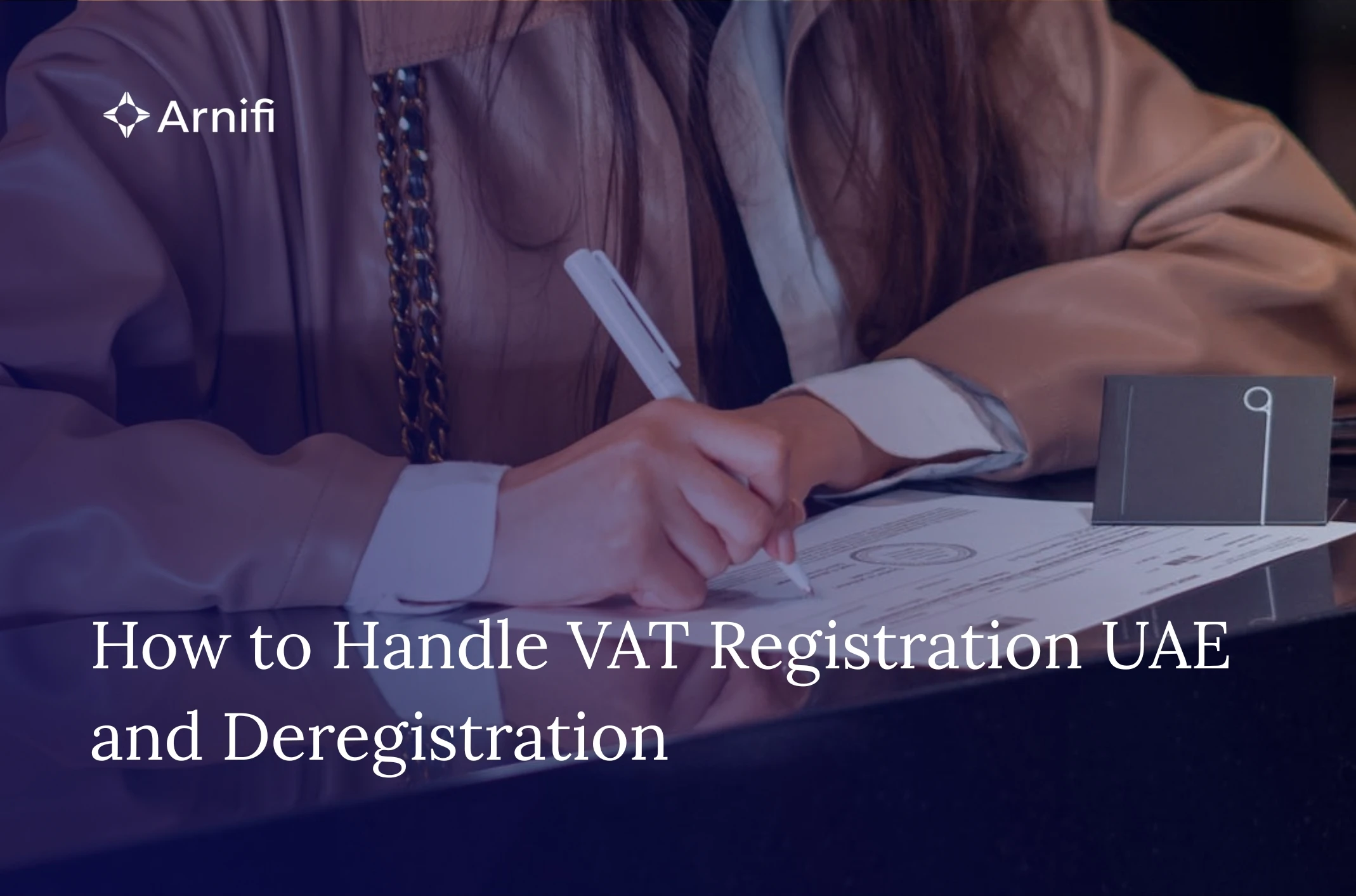Navigating Import Taxes in Dubai
by Manu Midha Nov 23, 2023  5 MIN READ
5 MIN READ
Import taxes in Dubai is an important indicator of economic growth. Hence, it important that you understand the intricacies of import tax. Especially, if you want to start a business or import goods in Dubai. Diving into an in-depth understanding of import taxes in Dubai will help you to make informed decisions. Besides, it will also streamline your import processes with ease. Read ahead to navigate the import tax landscape in Dubai
Commonly Imported Goods and Their Taxes

Navigating the Import Tax Landscape in Dubai
A major import hub in the Middle East, Dubai has a myriad range of goods entering the country from different parts of the world. From precious metals and gemstones to machinery and electronics, Dubai reflects its status as a center for luxury.
Out of all the imported goods, gold and diamond happen to be the most commonly traded items, therefore reflecting its stellar trading portfolio. Dubai also imports refined petroleum products to support the energy sector. Additionally, the city hosts a wide selection of services including transportation and logistics. Great financial services are also offered which ultimately makes Dubai a strategic location for companies wanting to expand their businesses.
From the finest luxury goods to stellar technological services, Dubai’s import sector is a testimony of its position as a worldwide crossroad of both innovation and commerce.
Goods Eligible for Import Tax Exemptions
In order to promote economic growth and attract companies to conduct business in the city, Dubai also offers a wide array of import tax exemptions. These exemptions span multiple sectors including the following:
- Personal and used household items: Foreigners living as residents and nationals returning to the city enjoy import tax exemptions, which in turn encourages long-term residence in Dubai.
- Industrial equipment and machinery: Businesses performing manufacturing or industrial activities in Dubai, enjoy import tax exemptions on machinery, spare parts, and raw materials, which fosters seamless industrial development therefore contributing to the overall economic growth.
- Medical supplies: Tax exemptions on medical supplies and equipment in Dubai ensure affordability, therefore promoting prioritization of public health and their well-being
- Educational supplies: Educational institutions do not have to pay any taxes on the import of books or other stationery tools. This positions Dubai as a center of education and innovation
In addition to the following list, some other items including agricultural products and machinery, goods imported for re-export, and goods imported by free zones are also some examples of items that are exempt from taxes in Dubai.
These tax exemptions not only encourage business growth but also help the city align with the vision of becoming a sustainable and global hub of innovation. To claim import tax exemptions, have all the documents necessary. These documents include proof of residence, invoices, and packing lists. These documents are to be submitted to Dubai Customs through an online portal.
ALSO READ: VAT registration for new businesses in UAE
Impact of Import Tax on Dubai Businesses

Navigating import taxes in Dubai be challenging for some businesses. This holds true, especially for the ones heavily reliant on the import of goods. The recent altercations in the import tax system have brought about a mixed bag of implications for Dubai businesses.
On one hand, some businesses have to pay heavy import taxes which can squeeze their profit margins and potentially lead to higher prices. This might have a negative impact on the demand for some products, especially for price-sensitive customers. In order to mitigate the risk of losing customers, businesses should find alternative sources of goods.
On the other hand, the introduction of exemptions and reduced rates have also proven beneficial to some specific sectors. Furthermore, the motive behind introducing import taxes is mainly to promote domestic manufacturing and reduce reliance on imports.
However, for businesses to sustain, it is important to understand import taxes in Dubai. Besides, it is also significant to stay abreast of the latest tax developments. Entrepreneurs and business owners have to proactively assess the impact of import taxes on their businesses. By understanding the changes, businesses can make informed decisions to minimize negative impacts while capitalizing on the opportunities that arise.
About Arnifi
Arnifi is digital first Corporate service provider helping companies enter the Middle East region, starting with UAE and Saudi Arabia markets. Founded and backed by professionals from Amazon, Souq and other large companies operating in KSA – the team understands what it takes to succeed as a startup in both UAE and Saudi Arabian markets, apart from going through the setup process multiple times. Arnifi will provide a truly digital experience to entry and scale up of companies both UAE and Saudi Arabia. The Arnifi promise is simple, yet revolutionary, use technology and a great team to provide transparency, efficiency and great customer experience in the whole process. Check out at – www.Arnifi.com for more details.
ALSO READ: Hiring for your company in Saudi Arabia
Top UAE Packages

Related Articles
Top UAE Packages



